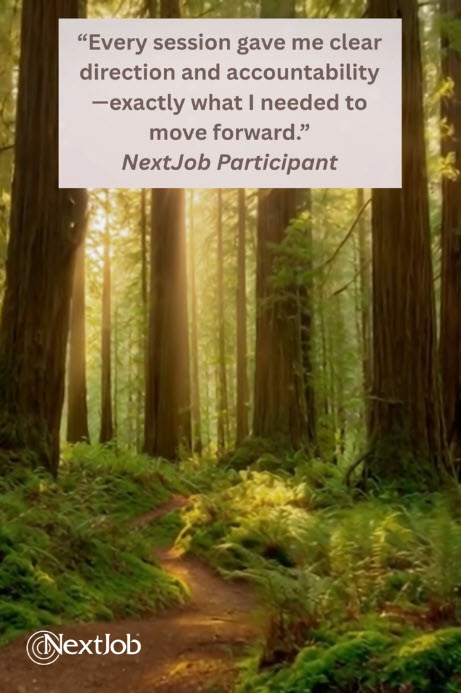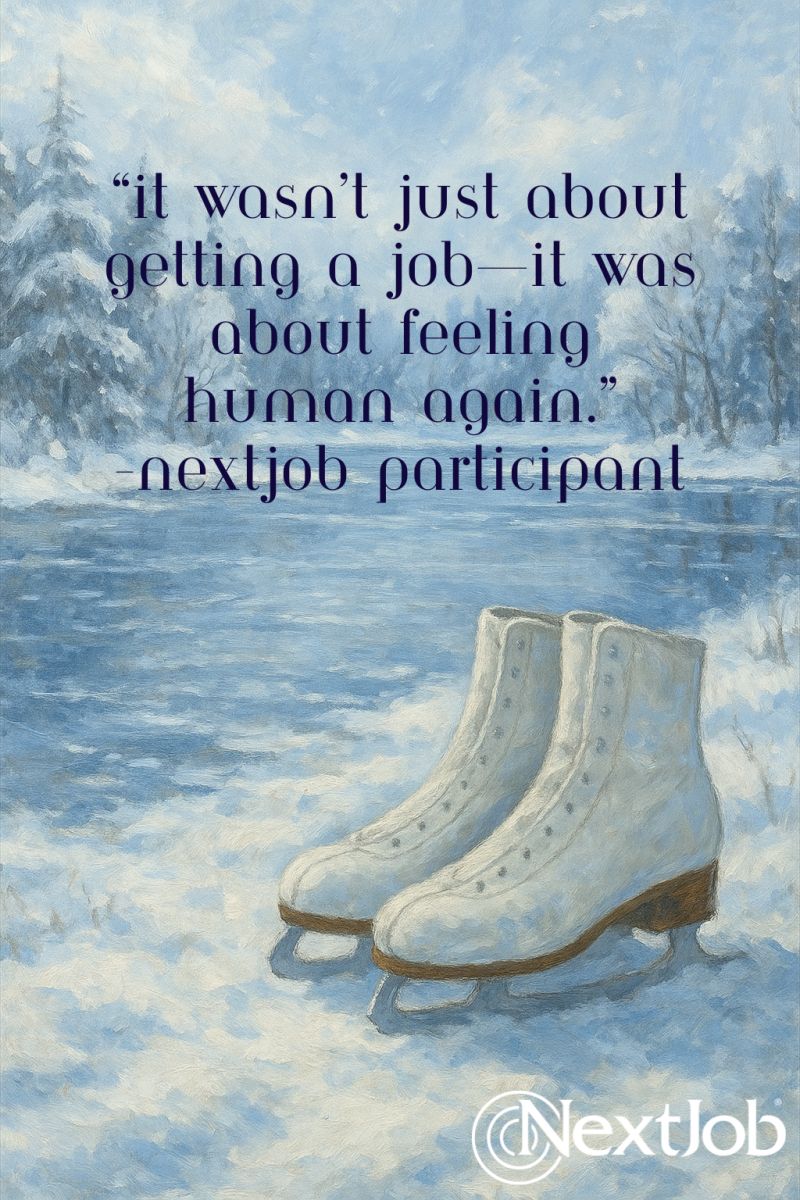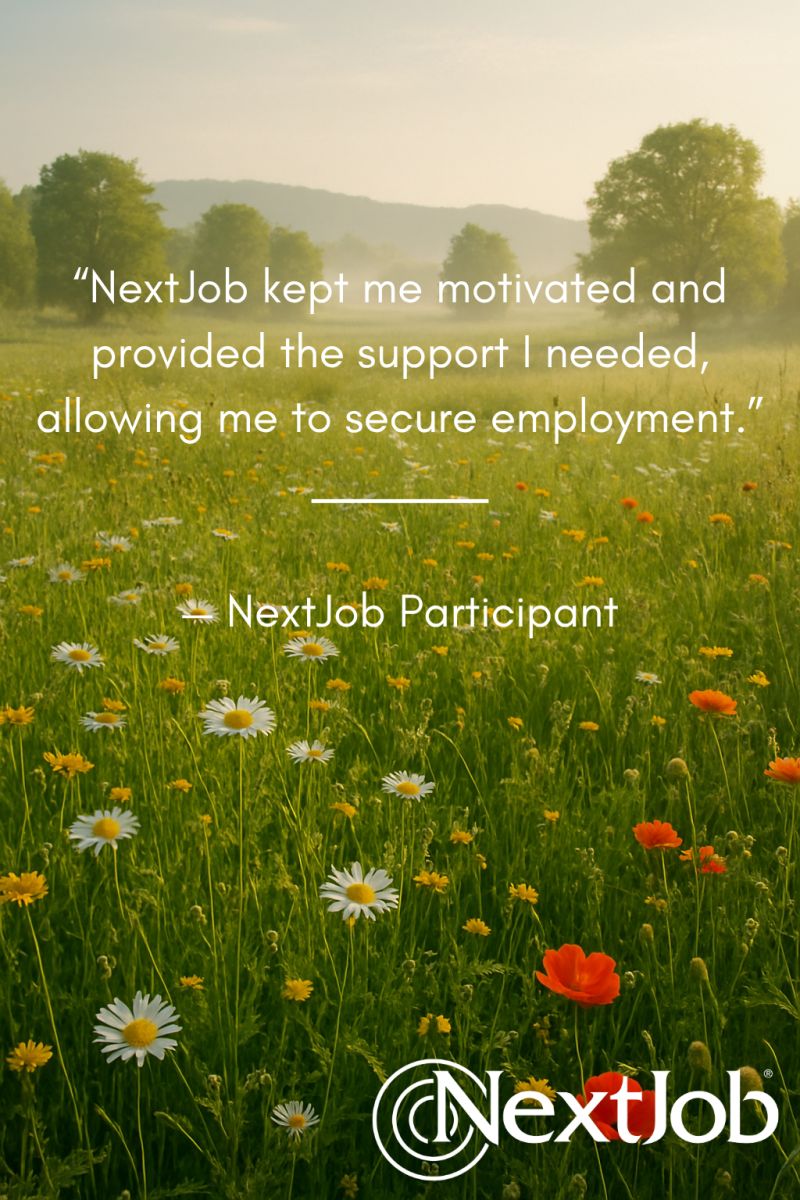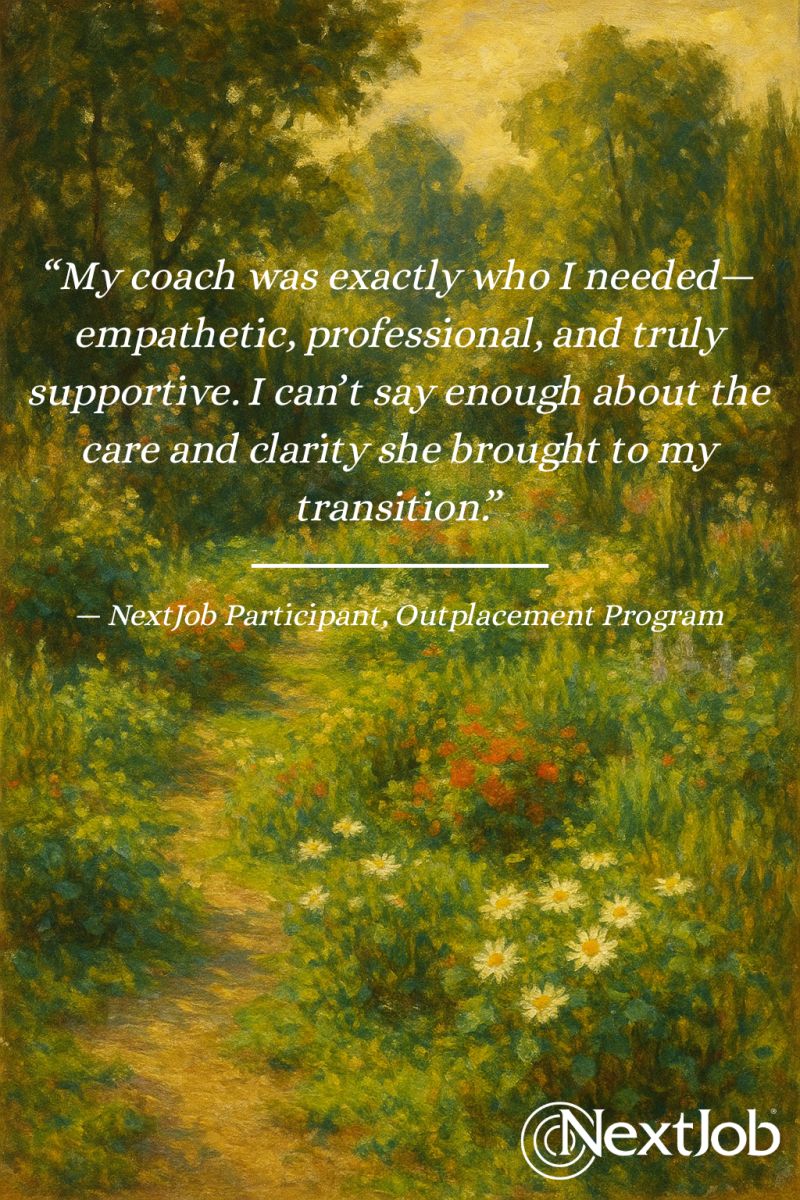One critical and expensive phase of mortgage risk doesn’t show up in a servicing system.
Most organizations believe they struggle with change because employees resist it. That’s not what’s actually happening. What’s failing isn’t the strategy, the communication plan, or the rollout timeline. What’s failing is what happens after the announcement, when people are left to quietly absorb uncertainty, loss, and disruption on their own.
Staff transitions are some of the most visible leadership moments any organization faces. In mission-driven environments, they’re even more consequential.
Losing your job can be one of the most emotionally disruptive events in your life. For many people, work is closely tied to identity and self-worth. When a job ends, the challenge isn’t just finding new employment, it’s managing the emotional fallout that comes with the loss.
Recent findings from the TriNet State of the Workplace 2025 report highlight a growing perception gap between how employers view employee engagement and how employees actually experience work.
The white-collar recession isn’t just slowing hiring. It’s increasing long-term unemployment risk, quietly driving up unemployment insurance (UI) costs, and shaping how current and future talent perceive your organization. Employers who help people land faster protect culture, brand reputation, and long-term workforce stability.
Follow along on LinkedIn to see a new #TestimonialTuesday each week.
Visit us on LinkedIn to learn more.

In the quiet of winter, even the coldest seasons of life can be transformed with the warmth of genuine support. ❄️✨
At NextJob, we don't just coach - we care. Helping others find hope, direction, and purpose is what we do best.
Because sometimes, all it takes is someone who believes in you to spark a new beginning. 🌲🔥

When coaching provides structure and direction, each session becomes a step forward. That steady momentum helps job seekers stay focused, confident, and moving toward what’s next.
We’re grateful to support job seekers with practical guidance that turns intention into action.

Some support stays with you long after the job search ends.
When coaching creates space for wisdom, guidance, and ease, especially during a difficult season, it can change how someone sees their future entirely.
We’re grateful to every job seeker who trusts us during vulnerable moments, and to the coaches who walk beside them with care, patience, and purpose.

At NextJob, we don’t just help people find work, we help them regain their balance, their confidence, and their sense of self.
Like learning to skate, finding your footing after a career setback takes time, guidance, and a little courage. But once you glide forward, the freedom is unforgettable.

When life hands you a layoff, it rarely comes with a roadmap. But sometimes, unexpectedly, your mortgage company introduces you to a team that hands you not just directions—but encouragement, support, and a way forward. 🍁

Each success story reminds us that personalized, one-on-one coaching changes lives—and careers.

"Empathetic. Professional. Supportive."
That’s how one participant described their NextJob coach — and the care and clarity that made their career transition a success.

Feeling lost in the job search? You’re not alone. 🌌
A good coach can help turn “Where do I start?” into “I’ve got this.”